A SCIENCE group is hoping to get young people in Holsworthy interested in their environment.
Kingfishers Citizen Science is hoping to start the ‘citizen science revolution’ with its new project which aims to get people engaged in their local environment.
The project, which has launched in Holsworthy, aims to enable and empower communities to contribute to real science by getting outside amongst nature and raising awareness of local environmental issues by gathering data, so action can be taken to improve and protect the health of rivers.
Speaking to the Post, Reg Goodwin from Kingfishers Citizen Science explained: “There are many documented benefits to being around rivers, especially when it comes to mental health, anxiety and depression. We should also remember that the water that flows in our rivers and streams will at some point end up being treated so that it is suitable for human consumption. That process is made more complex if the water is highly polluted. Remember that many species adjust their behaviour based on subtle environmental cues. For example salmon might decided to migrate based on a combination of water flow and temperature - these cues are less reliable with unpredictable and extreme weather, meaning fewer survive.
“People will be aware from media reports that sewage spills from treatment works is a real problem for our rivers and potentially our health. Once untreated sewage is introduced to a waterway the range of potentially harmful chemicals present in the water increases dramatically. This could include fluorinated 'forever chemical' or surfactants that mimic hormones such as oestrogen. We don't fully understand the effects of these chemicals or even to what degree they are present in many of our rivers.
“Communities can provide a type of monitoring above and beyond any organisation in the world. The untapped power of local groups is significant, working in collaboration with industry experts means we are on the tipping point of a citizen science revolution.
“The reality of Science in the UK at the moment is that we are in danger of falling behind other countries, where we were once a world leader. We need more Scientists, and to introduce this kind of project early on in education - the children who are in primary school at the moment will have much greater challenges to face than we do now when it comes to extreme weather, pollution and events that threaten our water quality and food security.”
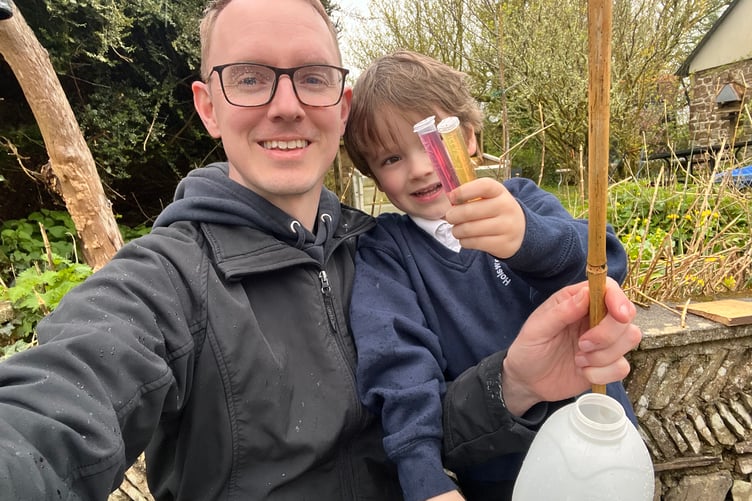
To launch the initiative, the organisation has been running sessions at Holsworthy C of E Primary.
Reg continued: “we have a briefing in the classroom at Holsworthy CoE Primary school to discuss the goals and objectives then walk in a small group just a few minutes to a tributary of the river Deer in Holsworthy. Once we arrive we make sure the conditions are suitable and safe for us to continue. We use an app on the teachers iPad (provided by Freshwater Watch) to conduct an ecological survey.
“We then discuss what pollution might look like here? What could be the source? Has the area visually changed since our last visit? What are the mainland and recreational uses around the stream? The survey includes identification of plant types along the riverbank and also includes chemical testing. We take a water sample from the river and check the turbidity... essentially how cloudy the water is, we take another sample and use the test kits provided by Freshwater Watch to test how much Phosphate and Nitrate is in the water. These are colour tests so are easy to perform in situ - a bit like the aquarium test kits that use a colour chart to determine the concentration of the chemicals.”
Although in its infancy, the project has already received a great amount of support, with the group wanting to expand its efforts to other schools, not only increasing engagement but also boosting data collection.
Discussing the project’s success, Reg added: “The project has received a huge amount of positive feedback and support since I started building it at the end of last year. I want it to grow and get many more schools onboard so that monitoring becomes a routine part of the curriculum. The success of it will be determined by peoples willingness to get involved and organisations willingness to collaborate, the initial signs are very encouraging.
“I always say; as long as you believe, then you can touch the sky, achieve the change that seems impossible and benefit future generations, and ultimately the planet. As a parent I know it's impossible sometimes to find the energy or time to do these things, but when we join forces we can achieve a lot.”
More information about the project and how to get involved can be found on the group’s Facebook page: www.facebook.com/profile.php?id=61556484460551

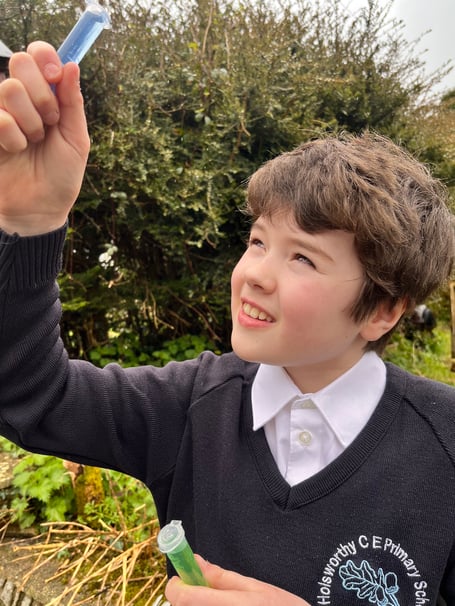
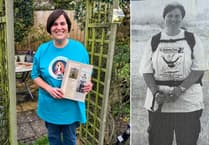
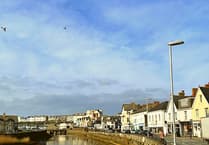

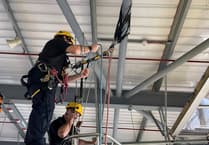
Comments
This article has no comments yet. Be the first to leave a comment.